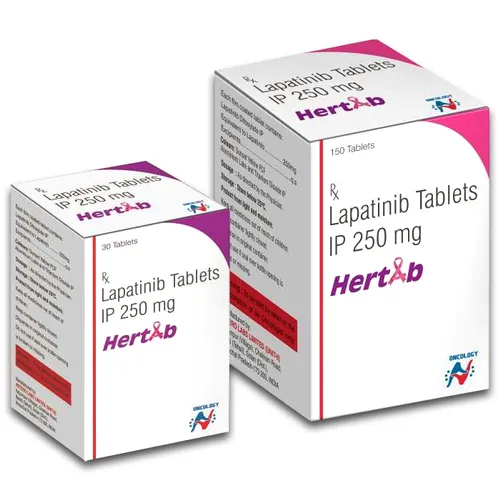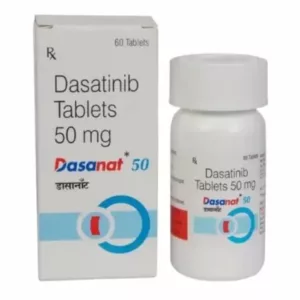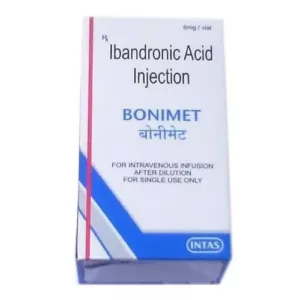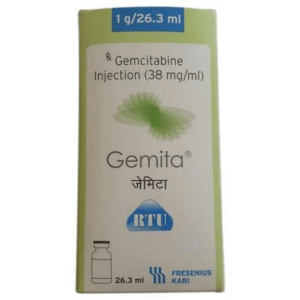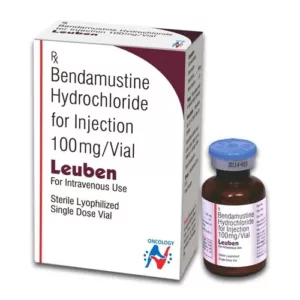Tykerb 250mg Tablet should be taken on an empty stomach or an hour before or 2 hours after a meal. The dose and duration vary according to the severity of your condition and your response to treatment. Take it exactly as prescribed to avoid serious side effects. It may take several weeks or months for you to see or feel the benefits but do not stop taking it unless your doctor tells you to.
The most common side effects of this medicine include nausea, headache, back pain, and breathing difficulty. It may cause severe diarrhea, drink plenty of fluids or consult with your doctor if it bothers you. You may be asked for regular monitoring of blood pressure while taking this medicine. Inform your doctor if you notice a severe headache, confusion, problems with your eyesight, nausea, or vomiting. Your doctor may check your liver function before, during, and after treatment with this medicine.
Before taking Tykerb 250mg Tablet, let your doctor know if you have liver or kidney problems. Many other medicines can affect, or be affected by, this medicine so let your healthcare team know all medications you are taking. This medicine is not recommended during pregnancy or while breastfeeding. The use of effective contraception by both males and females during treatment is important to avoid pregnancy.
USES OF TYKERB TABLET
BENEFITS OF TYKERB TABLET
In Breast cancer
SIDE EFFECTS OF TYKERB TABLET
Common side effects of Tykerb
- Abdominal pain
- Back pain
- Breathing problems
- Constipation
- Cough
- Diarrhea
- Fatigue
- Headache
- Hot flashes
- Increased bilirubin in the blood
- Insomnia (difficulty in sleeping)
- Joint pain
- Liver damage
- Loss of appetite
- Mucosal inflammation
- Nausea
- Pain in extremities
- Rash
- Stomatitis (Inflammation of the mouth)
- Vomiting
- Weakness
- Weight gain
HOW TO USE TYKERB TABLET
HOW TYKERB TABLET WORKS
SAFETY ADVICE

Alcohol

Pregnancy

Breast feeding

Driving

Kidney
Limited information is available on the use of Tykerb 250mg Tablet in these patients. No dose adjustment is recommended in patients with mild to moderate kidney disease.

Liver
